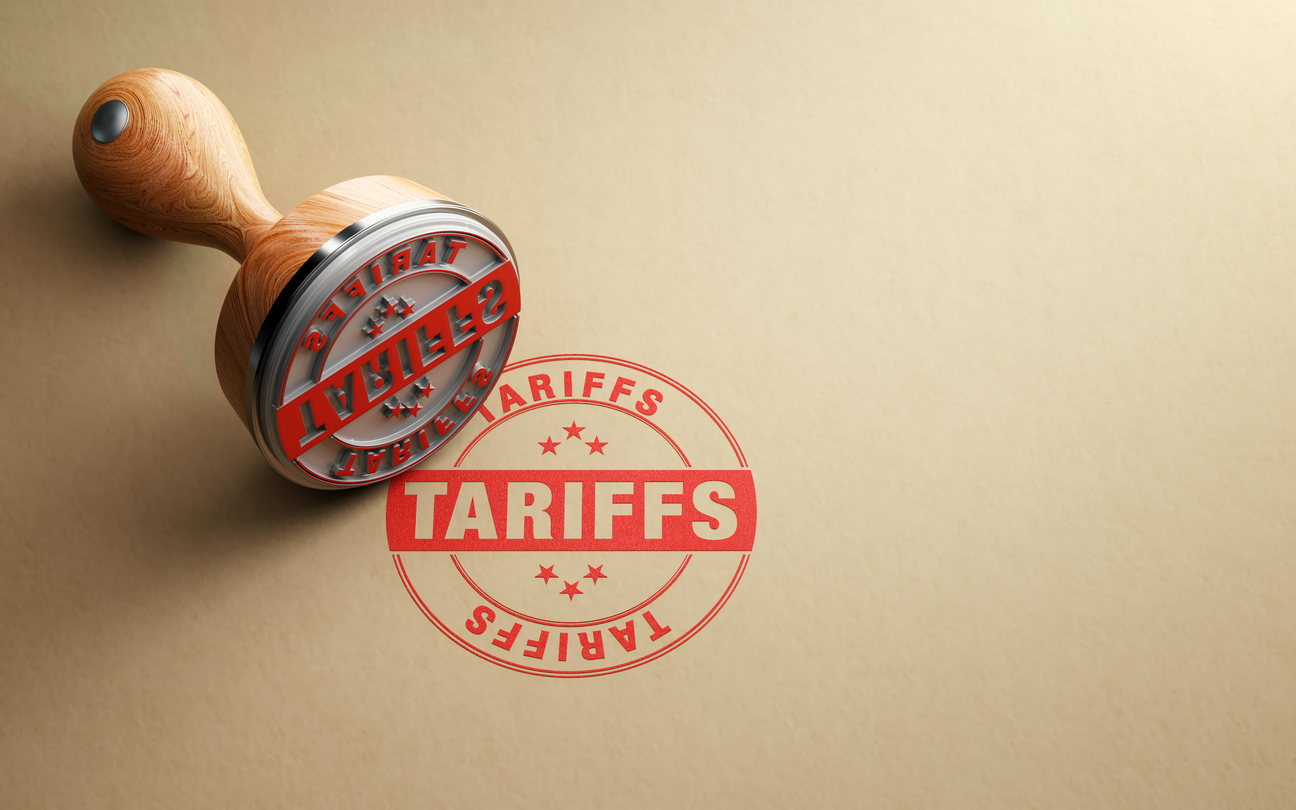President Donald Trump has reaffirmed his commitment to imposing tariffs on foreign-made pharmaceuticals, automobiles, and semiconductors. His stated goal is to reduce U.S. reliance on imports and strengthen domestic manufacturing. To mark the beginning of this initiative, he has designated April 2 as “Liberation Day.” However, while his administration has made bold claims, the exact timeline and scope of pharmaceutical tariffs remain uncertain.
Industry Concerns and Economic Warnings
The pharmaceutical industry has voiced serious concerns about the potential ramifications of these tariffs. Industry leaders warn that such measures could disrupt global supply chains, making it more difficult and costly to procure essential medications. This, in turn, could limit patient access to vital treatments and drive up healthcare costs in the United States. Economists have also raised red flags, suggesting that the tariffs could lead to unintended economic consequences. Potential risks include:
- Higher Consumer Prices: As supply chain disruptions increase costs, these expenses may be passed on to consumers, making medicines and other goods more expensive.
- Lower Corporate Profits: Companies that rely on international trade may see reduced profit margins, leading to potential job losses and slowed investment in innovation.
- Slower Economic Growth: Trade restrictions can dampen economic expansion by reducing efficiency and limiting competition, which could harm long-term growth prospects.
Global Trade Relations at Stake
Beyond the immediate economic impact, these tariffs could strain international trade relations. Countries that export pharmaceuticals and other goods to the U.S. may retaliate with their own trade restrictions, potentially escalating into broader trade conflicts. Such tensions could disrupt global markets and further exacerbate economic uncertainties.
Product Quality and Integrity Risks
The rising costs of critical raw materials, including APIs and starting materials, may pressure suppliers to cut corners, potentially compromising compliance with FDA/EMA quality and Good Manufacturing Practice (GMP) standards. Additionally, supply chain disruptions could increase the risk of counterfeit or substandard APIs entering the market, posing significant safety and efficacy concerns.
Lachman offers expert, independent assessments conducted by cross-functional subject matter experts to identify potential blind spots in GMP compliance. Contact Lachman today at LCS@LachmanConsultants.com.




